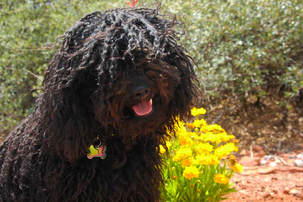
DISCLAIMER: This writing reflects my 10-year experience with my dogs and several other friend’s dogs that do not want to eat their food. This is not meant to be a treatment but only what I have learned about what has helped my dogs and the dogs I have worked with to help them resume eating.
NOTE: One of the most important first steps is to identify the reason for the dog not eating such as illness. It is important to first see your vet to discuss underlying conditions that could be causing the anorexia.
We love our dogs and want them to be healthy so when they refuse to eat, we search for a food that they might like and eat – raw food, canned food, home cooked food, kibble, combinations of food – hoping that something will be appetizing to them. We often start cooking things like chicken and rice for them and may even hand feed them to encourage them to eat, only to find that soon that too does not work and they again refuse food.
My Puli never liked eating from the time he was a very young puppy. Having had Border Collies that have great appetites and love food and whatever fruits or veggies I add it was a source of worry and concern to me over why my, Puli, Ziggy would not eat. Additionally, he would occasionally vomit first thing in the morning when he got up.
I took him to the vet who suggested we do and abdominal ultrasound to see if there was a health issue. The ultrasound was normal and happily did not reveal an illness or problem that might be causing the anorexia. So I continued with whatever I could including hand feeding, going for a walk, feeding on the trail, feeding when we got home when he hopefully would be more hungry.
Then one day a friend suggested Dogzymes – a digestive enhancer from Natures Farmacy. I had never known about probiotics or digestive enhancers. This was over 9 years ago when probiotics were not as widely used and written about on their great value for gut health. Dogzymes Digstive Enhancer has 5 beneficial bacteria types and 6 enzymes making it an excellent digestive supplement to add to the dog’s food.
I was amazed to find that Ziggy started showing interest in food and within a month was eating happily and hungrily on his own.
Over 30 years ago, Natures Farmacy was the first to market organic, high-potency probiotics for dogs. Since then they have expanded their line of products but have not lost their excellent customer service. I have called them when one of my dogs had diarrhea, an upset stomach or had to be on an antibiotic and their friendly representative would tell me how to use and increase the digestive enhancer as well as how to support the dogs digestive system when they travel or are away for shows.
Since then I have learned about 2 other excellent products from Natures Farmacy: Probiotics Max and Probiotics Paste. Probiotics Max is what I now have Ziggy on since I felt after a few years he needed the support of more probiotics and enzymes. Probiotics Max contains 8 strains of beneficial bacteria and 10 difference enzymes with a 6.8 billion colony forming unit. Max is excellent for soothing an overactive immune system and to support times of hard work, old age and stress. The Probiotics Paste is excellent for times of gastrointestinal stress and antibiotic treatment or travel.
While this information on the digestive enhancers and probiotics from Natures Farmacy may seem like an advertisement for the company, I have never found a more effective product for dogs that will not eat and DO NOT have an underlying illness or medical problem. Today I use VetriScience probiotics twice a day for my 3 Border Collies but often use Dogzymes when we travel or if the dogs get an upset stomach. When using probiotics it is very important to research the company to be sure that their product does contain what they claim it contains in an active form. Also, dogs need a totally different set of bacteria and enzymes for their gut then what humans do.
While the digestive enhancer and probiotics has greatly helped Ziggy and a few other dogs that I have recommended this to, there are other considerations. After refusing food for some time, the dogs seem to get a fear of what is being put down for breakfast or dinner. They smell the food and look at it and assume they will not like what is being offered. What I have found that in the time of improving their digestive system and gut health it is important to find a new food with a new smell and different texture. For example, if Ziggy had been eating raw food, I would change the protein source to a new meat protein and change the texture to perhaps a freeze dried or dehydrated food. This not only looks and smells differently but also has a new texture. This has worked quite well.
Additionally, while the digestive enhancer is excellent, I have found that it is not a perfect solution. Ziggy and other dogs seem to be willing to eat a new food for some time, perhaps a few weeks, and then suddenly turn up their noses to the same food they have been happily eating. These dogs seem to need a frequent change in their food. Either I will routinely change both the protein and the texture or I often wait until Ziggy lets me know he needs a change. For example, I may feed a little raw mixed in with freeze dried. Then move to only raw. Then to change the texture again, move back to only the freeze dried. I have been known to use and add kibble just for variety. And, yes I realize the controversy over adding kibble to a raw diet.
Another appetizer that I frequently use especially in the morning when their appetite may seem to be less, is that I add a little sprinkle of their favorite treat over the food. I notice how Ziggy will smell this treat to be sure it is one he approves. :-)
I am always looking for the best food source for my dogs and while I cannot always find the quality of the food like Primal, I have found that companies such as Stella and Chewy and Only Natural Pet have some excellent raw freeze dried and dehydrated foods. The texture, look and smell are different enough to add that variety that I am looking for to keep Ziggy’s appetite up.
Ziggy does still occasionally vomit yellow foam in the early morning. For some dogs an empty stomach can lead to bile reflux. Reducing the time between meals helps as it has with Ziggy. I give Ziggy about a tablespoon of kibble at bedtime which seems to greatly help. Other people have found other bedtime snacks to also be effective.
While I have just been writing about my anorexia journey with my Puli, I have had other people who have had very similar issues not only add the digestive enhancer to the diet with excellent results but have also found the need to rotate and change the food source and texture. I have also had other dogs who have lost their appetite for other reasons and working with the probiotic, new and different foods and textures has seemed to help them past this anorexic period. I had a Puli many years ago who would not eat due to chemotherapy. I found that the only food he liked and would eat was Ziwi Peaks freeze dried which is also a complete and balanced food. I have had other dogs that I work with that like Ziwi Peaks freeze dried pieces when they would not eat. Dogs seem to really like it. Perhaps the tiny pieces seem more like treats to them than food.
Some of my favorite sources:
Natures Farmacy:
Primal:
Only Natural Pet:
Ziwi Peaks: Ziwi Peaks is an excellent food made in New Zealand and also has excellent canned food. All food made in New Zeakand from free range farms.
Stella and Chewies:
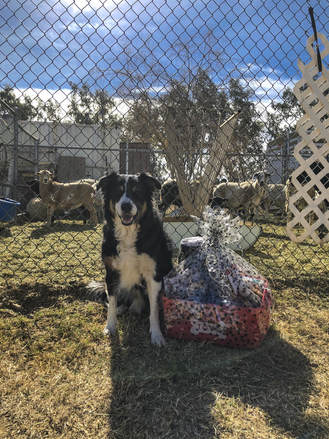
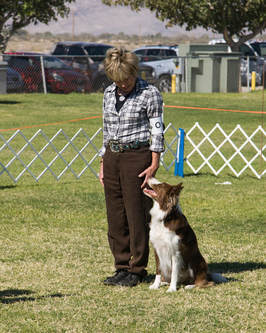

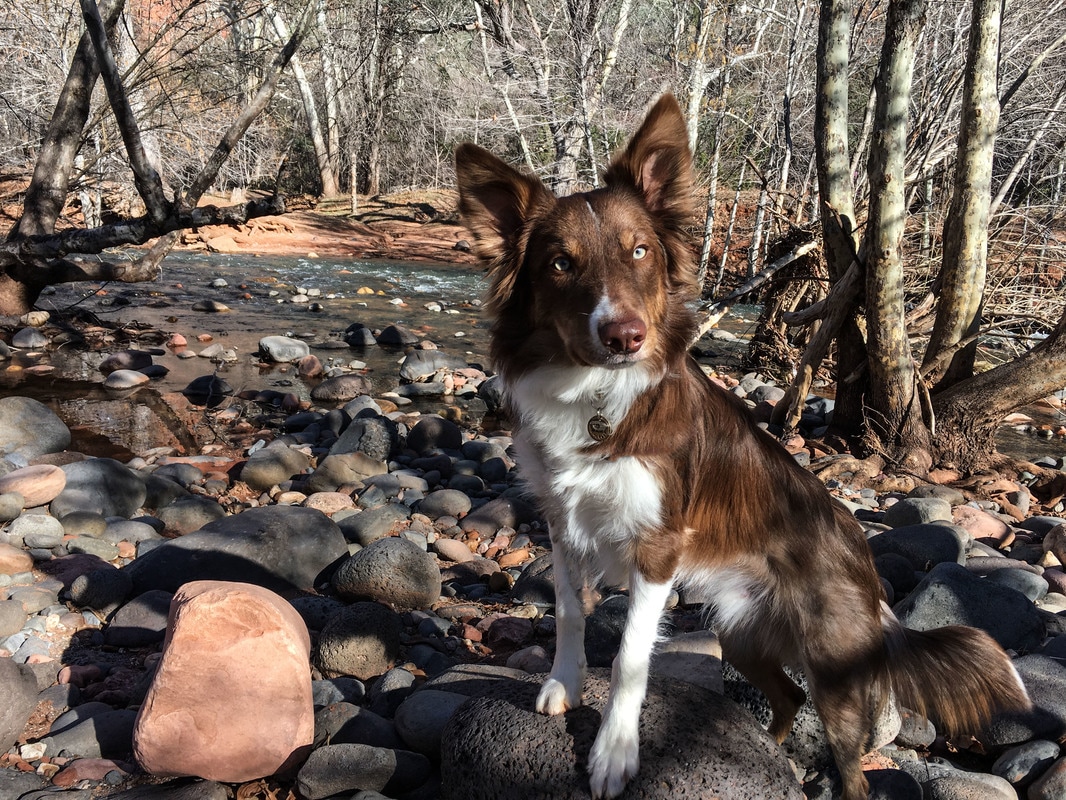
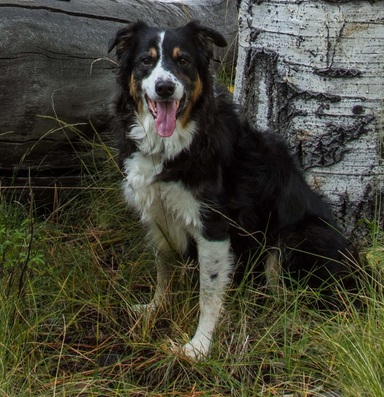
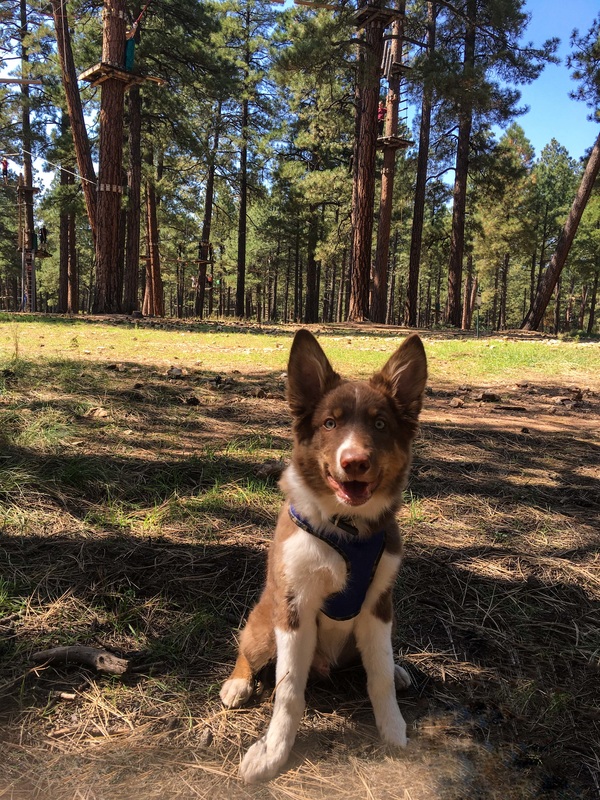
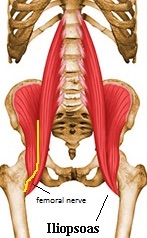
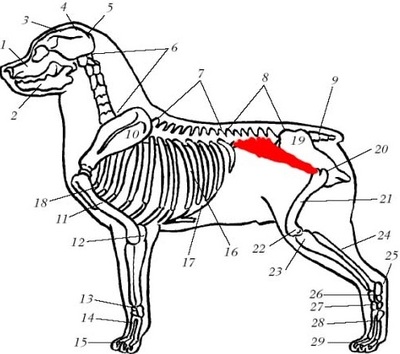
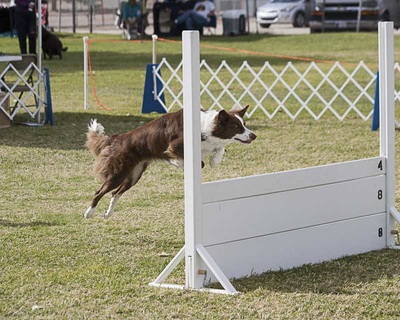
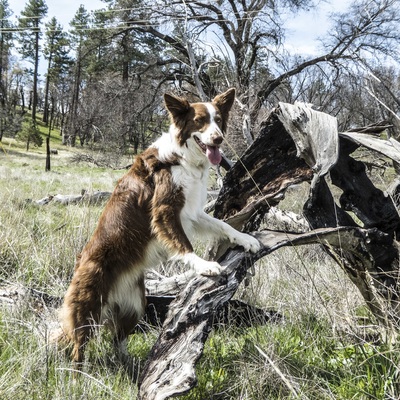
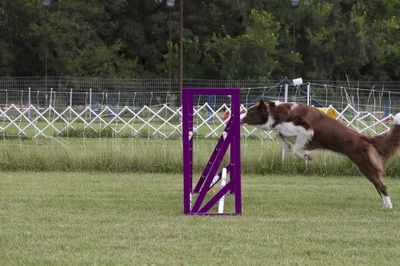
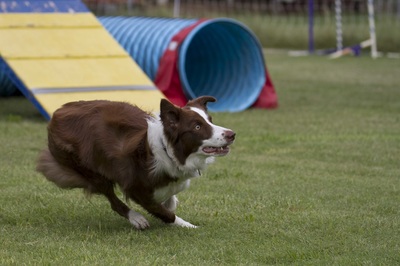
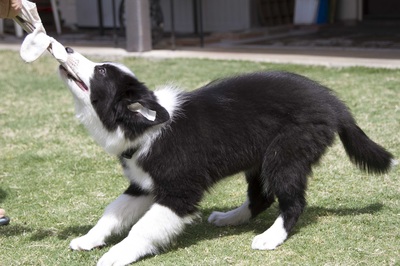
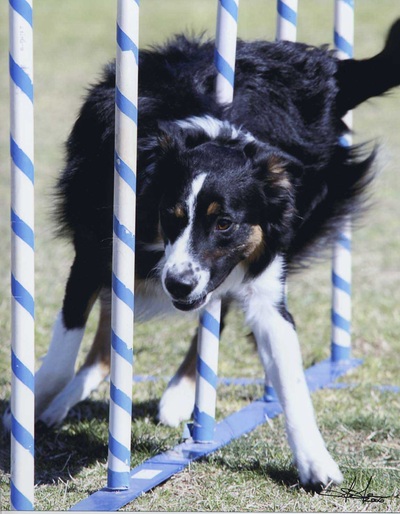
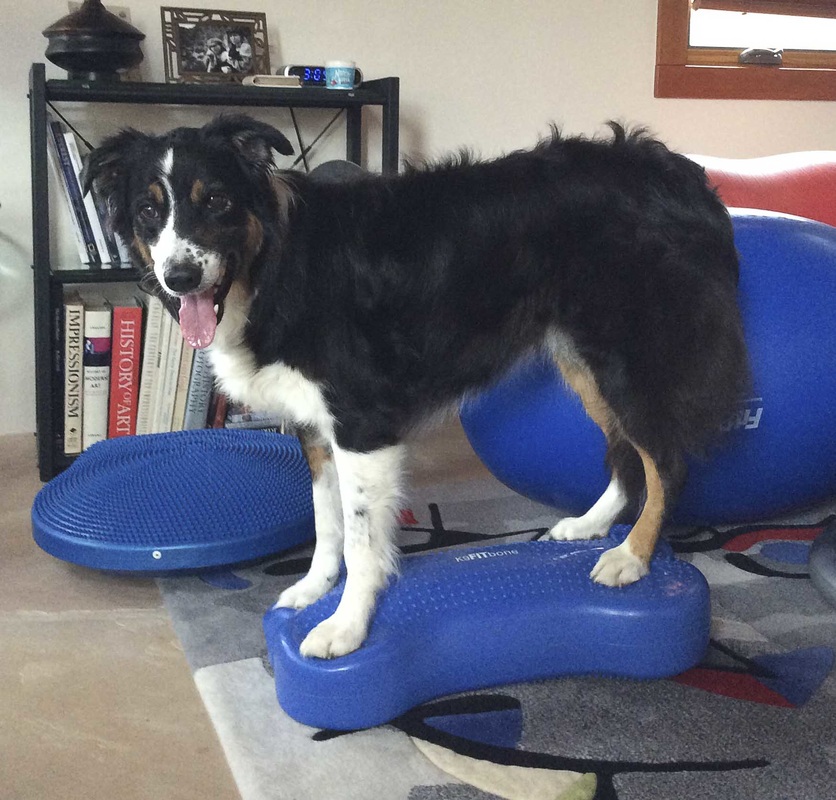
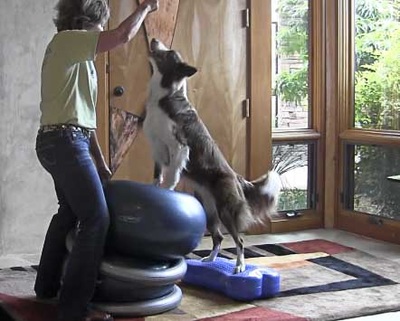
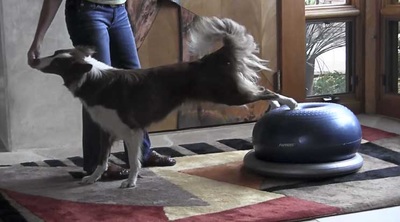
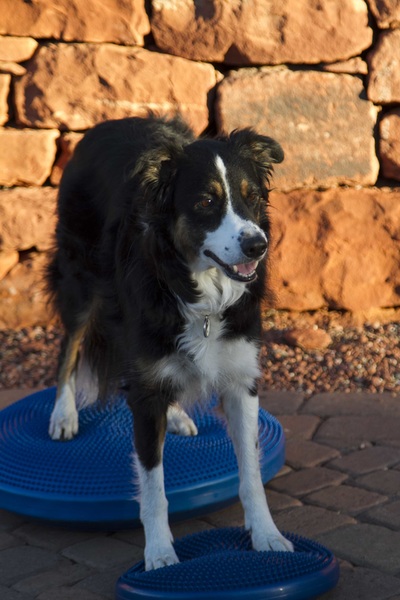
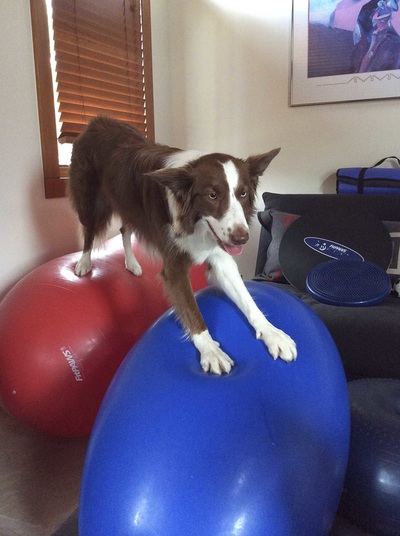
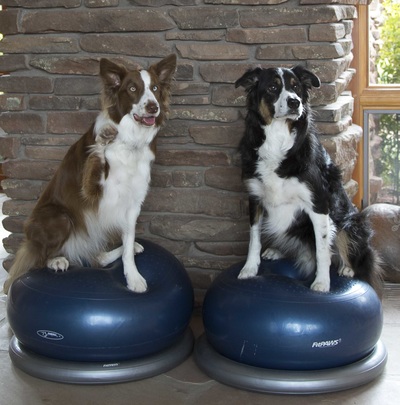
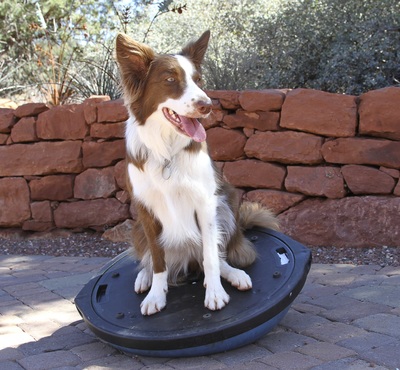
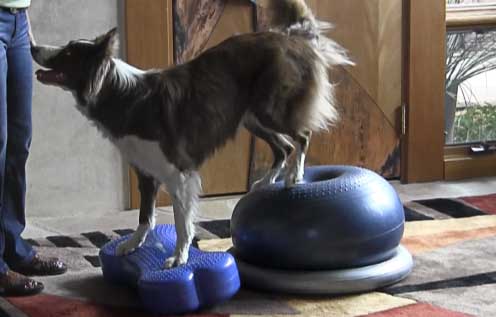



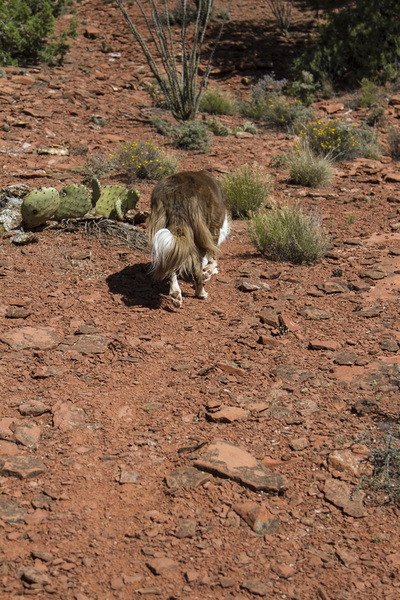
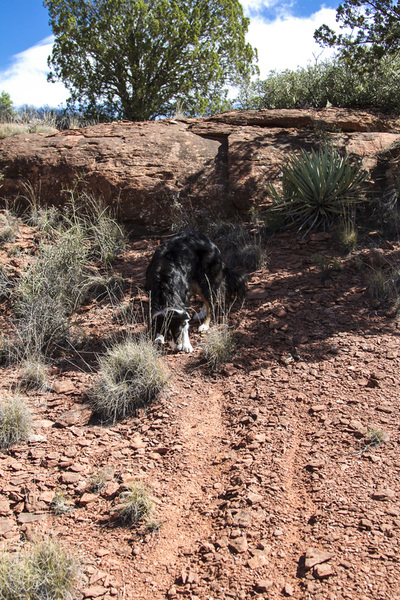




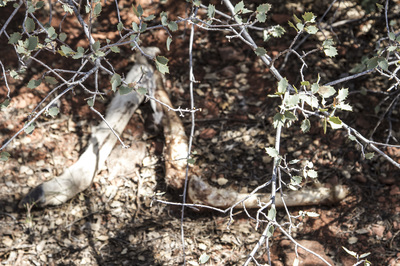
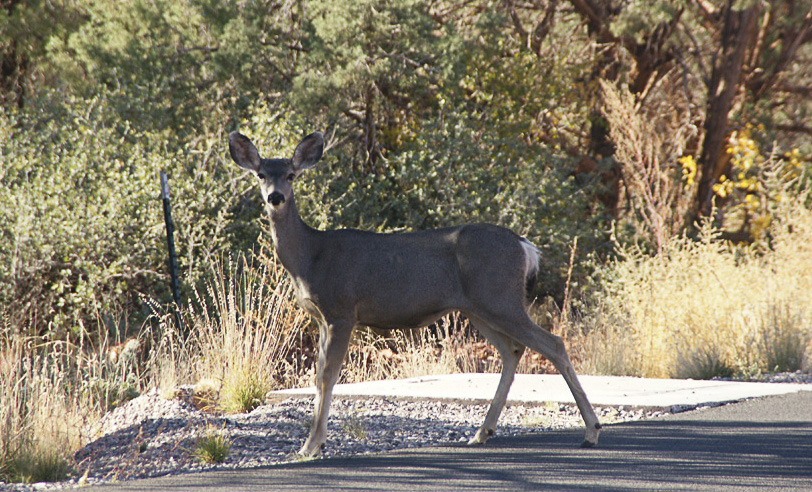
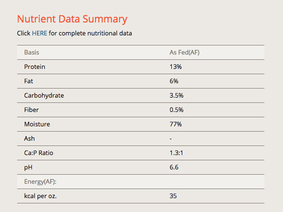
 RSS Feed
RSS Feed